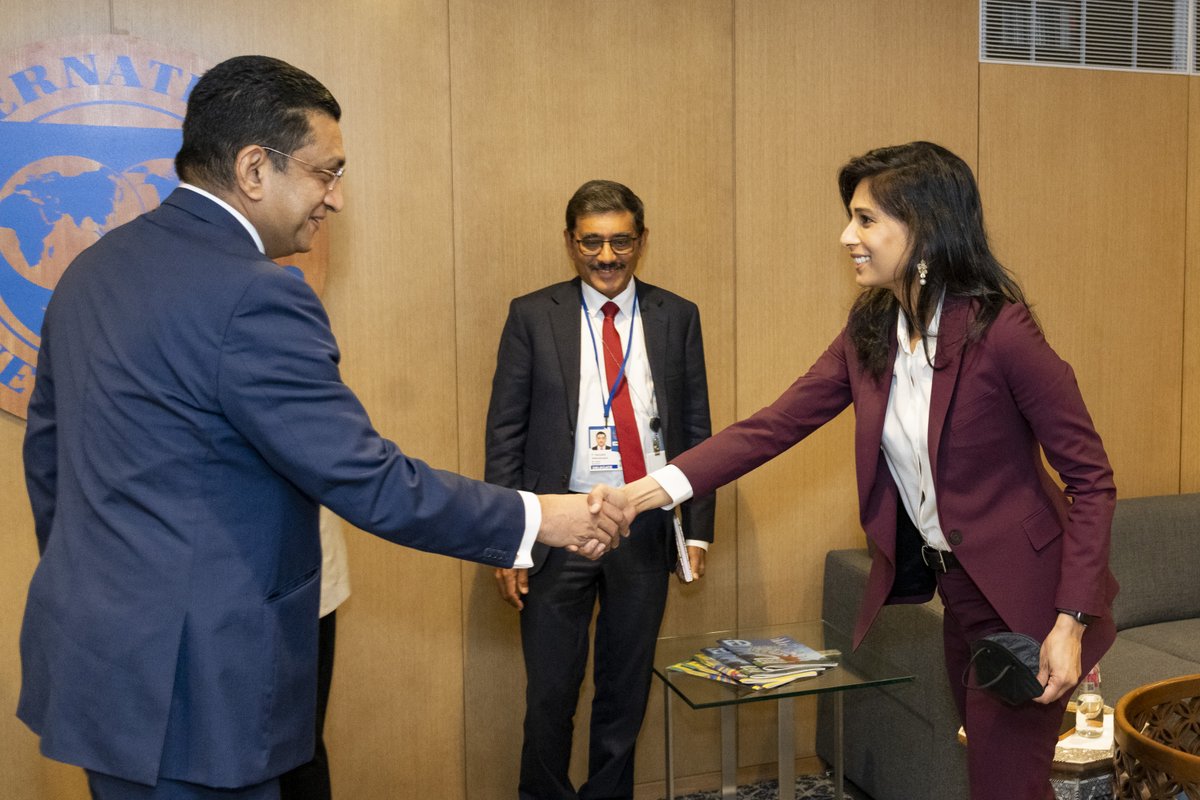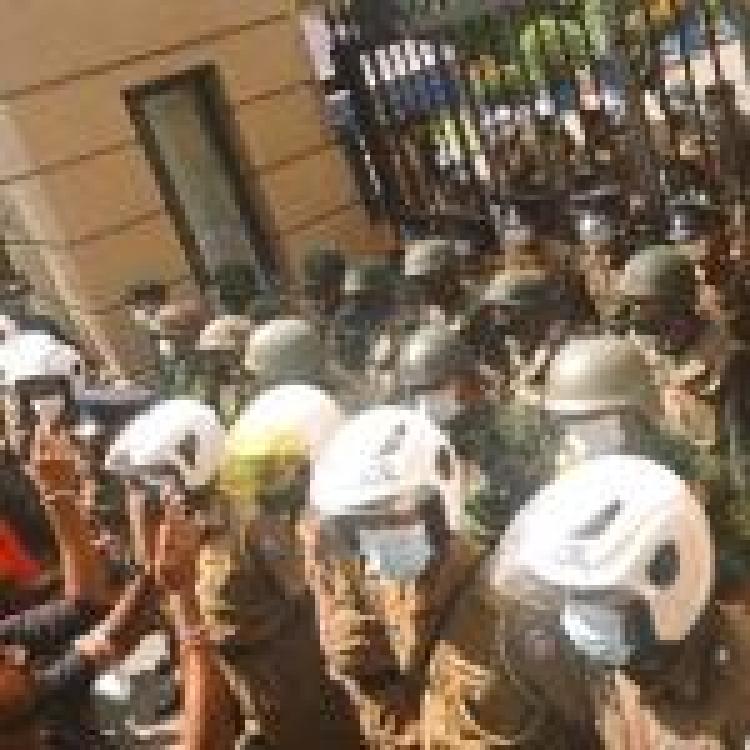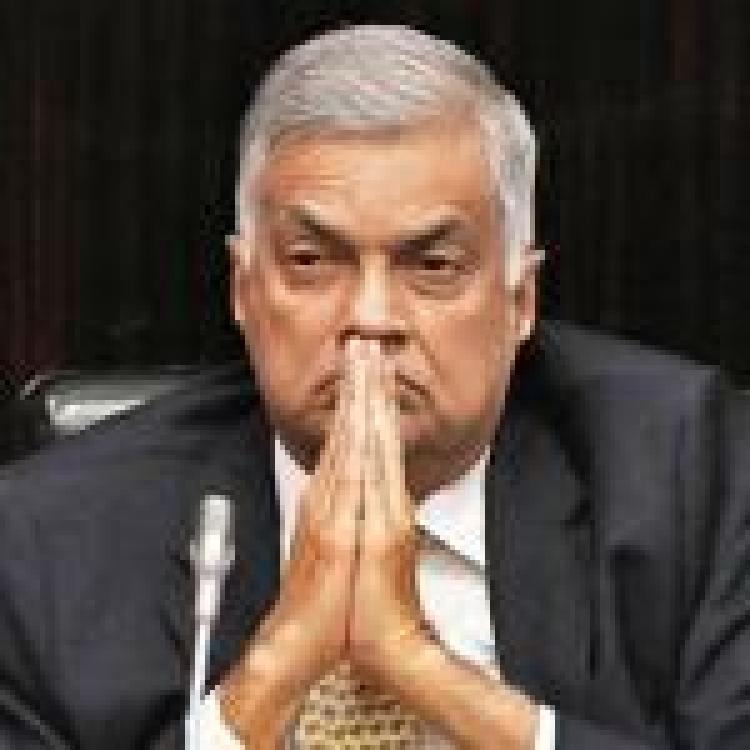
After ten days of discussion, the International Monetary Fund (IMF) has concluded its visit of Sri Lanka, vowing to continue discussions with the island but refusing to commit to a $3 billion dollar bailout.
The IMF has stressed that before Sri Lanka can receive aid, its debt would need to bring down to a “sustainable level”. In a statement released today, the IMF called for “far-reaching tax reforms” as well as action to address “rising levels of inflation”, “the severe balance of payments pressures”, “corruption”, and to embark on “growth-enhancing reforms”.
The statement comes as Sri Lanka has announced that across the country, all non-essential services would be shut down until 10 July due to severe shortages in fuel. The remaining fuel is to be supplied to health, defence, power, and export industries. Schools in urban areas will also be closed and workers have been urged to work from home to reserve fuel.
Even after an IMF deal is secured, Al Jazeera reports that debt restructuring “would be a protracted process”.
In their statement, the IMF agree to continue discussions virtually “with a view to reaching a staff-level agreement on the extended fund facility or EFF arrangement”.
The IMF describes the EFF as a programme designed to support countries with “serious payment imbalances” and provides support for policies “needed to correct structural imbalances over an extended period.”
Udeeshan Jonas, chief strategist at equity research firm CAL, noted that a staff-level agreement could be coming soon and would improve Sri Lanka’s credibility to bilateral and multilateral lenders.
He further notes that the Sri Lankan government has already taken steps to raise taxes, put state assets on sale and pledged to slash spending to the “bare bones”.
Speaking to CNBC’s “Squawk Box Asia”, Georgetown University professor Shanta Devarajan agreed that a staff-level agreement on the EFF is close to being reached. He warned however that situation in Sri Lanka remains precarious.
“People have been killed; there have been some shootouts. So, this is a very dangerous situation to be in,” Devarajan said.
Read the IMF's statement here.



